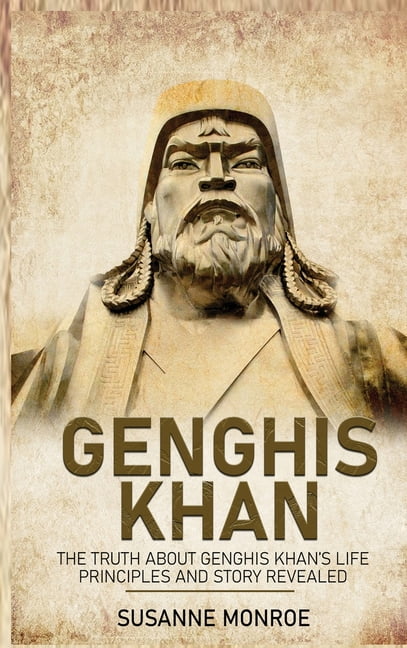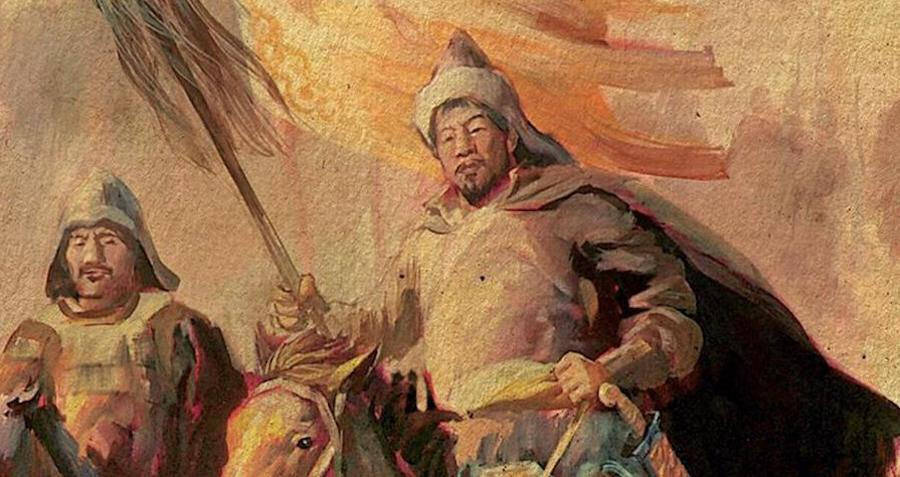
Work in Mongolia led to Genghis Khan: Life, Death and Resurrection, which has so far appeared in 18 languages. He returned to the subject of Mongolia with Gobi: Tracking the Desert, the first book on the region since the 1920s. The third, on the origin of writing, is on hold, because it depends on access to Iraq.

This has so far resulted in two books, Alpha Beta and The Gutenberg Revolution, both republished in 2009. In the 1990s, he began a trilogy on the three major revolutions in writing: writing itself, the alphabet and printing with movable type. After working in journalism with Reuters and in publishing with Time-Life Books, he turned to writing, with occasional forays into film, TV and radio. He studied German and French at Keble College, Oxford, before doing two postgraduate courses, a diploma in the History and Philosophy of Science at Oxford and Mongolian at the School of Oriental and African Studies, completing the latter in 1968. He takes particular pleasure in combining historical narrative with personal experience. His special interests are China, Mongolia and the history of written communication. John Anthony Garnet Man is a British historian and travel writer. And yet, in terms of the sheer scale of the conquests, never has a vision and the character of one man had such an effect on the world.Ĭharting the evolution of this vision, John Man provides a unique account of the Mongol Empire, from young Genghis to old Kublai, from a rejected teenager to the world's most powerful emperor.

Genghis's dream of world rule turned out to be a fantasy. Along the way, he conquered all China, gave the nation the borders it has today, and then, finally, discovered the limits to growth.

Kublai doubled the empire's size until, in the late 13th century, he and the rest of Genghis's 'Golden Family' controlled one fifth of the inhabited world.

Under his grandson, Kublai Khan, the vision evolved into a more complex religious ideology, justifying further expansion. Believing he was divinely protected, Genghis united warring clans to create a nation and then an empire that ran across much of Asia. Genghis Khan is one of history's immortals: a leader of genius, driven by an inspiring vision for peaceful world rule.


 0 kommentar(er)
0 kommentar(er)
